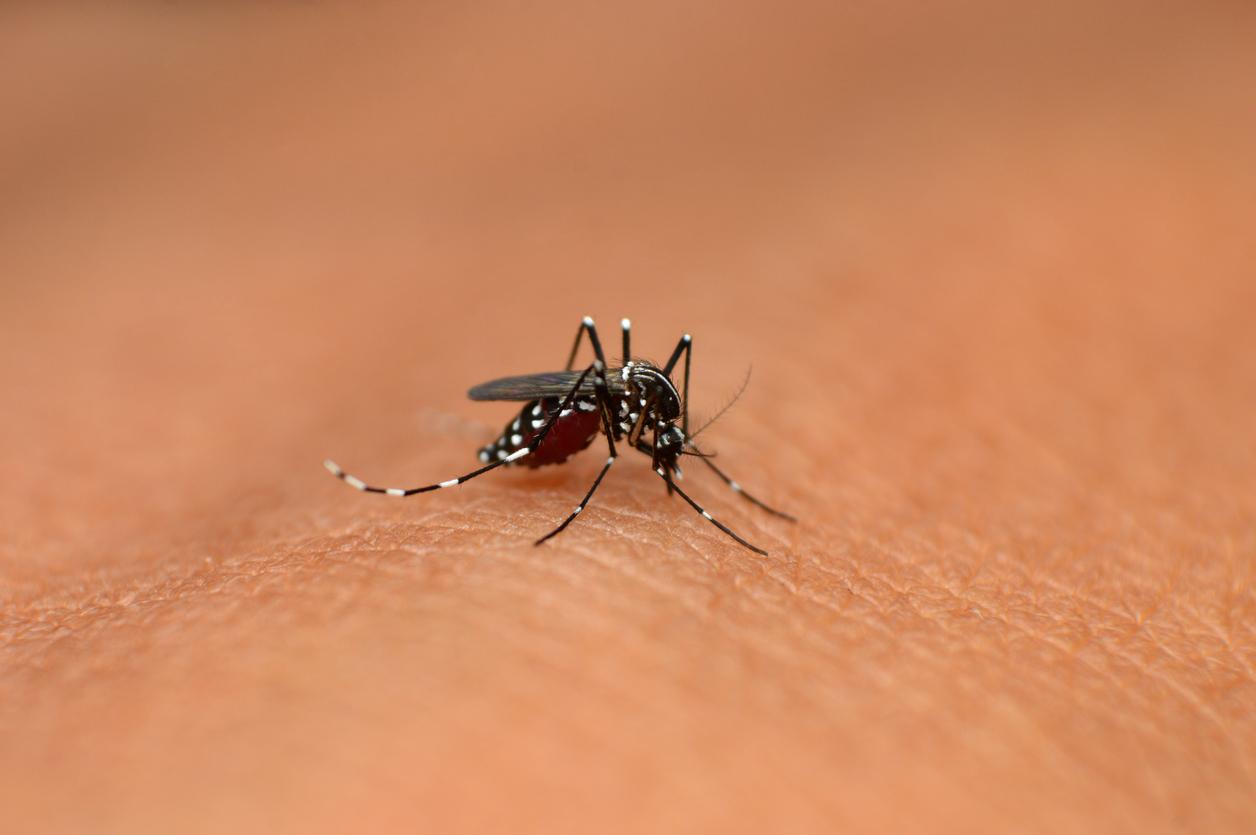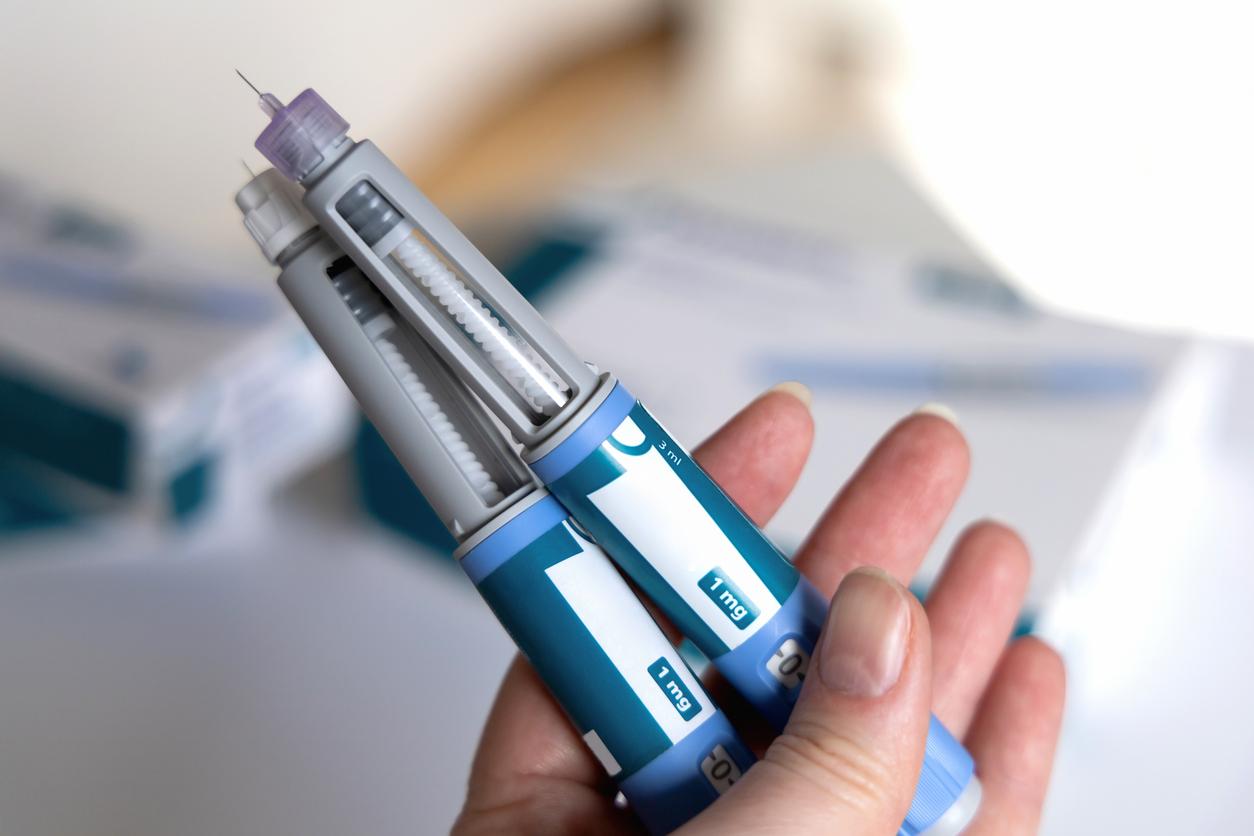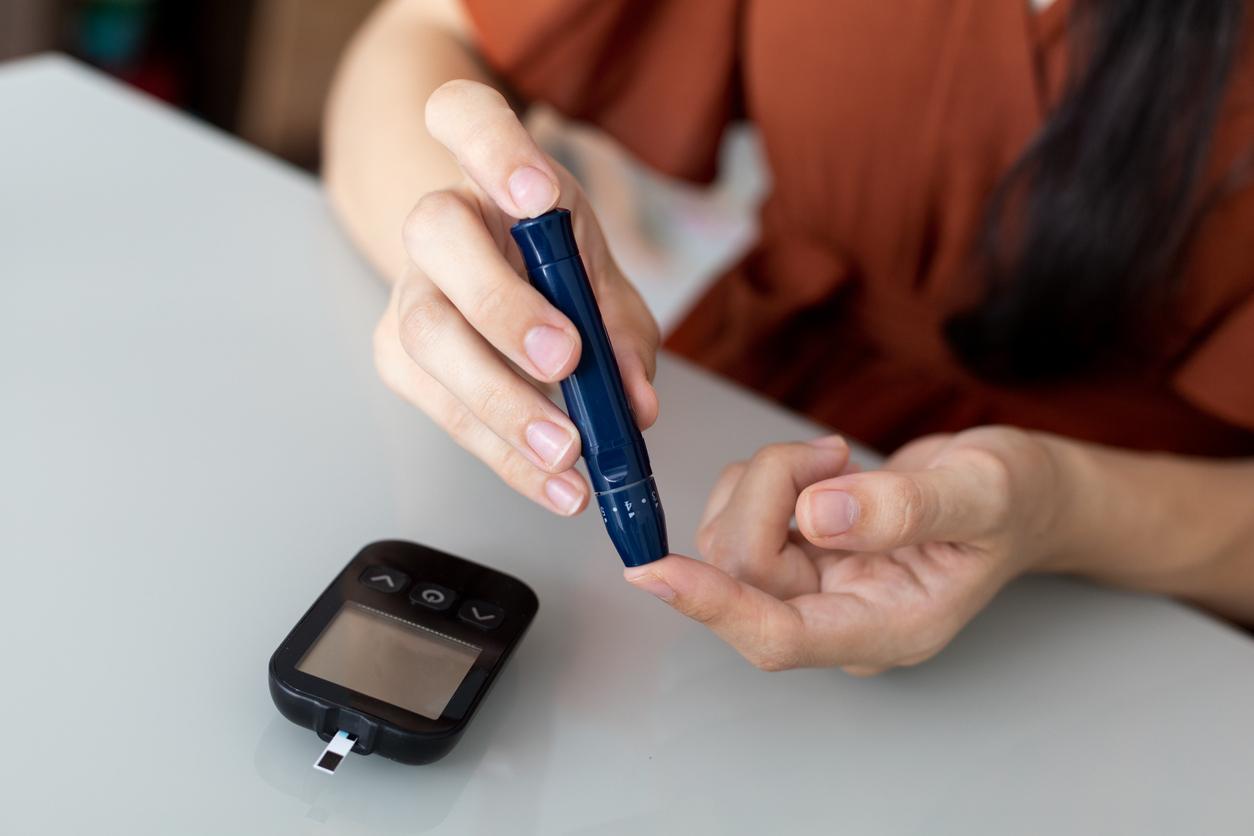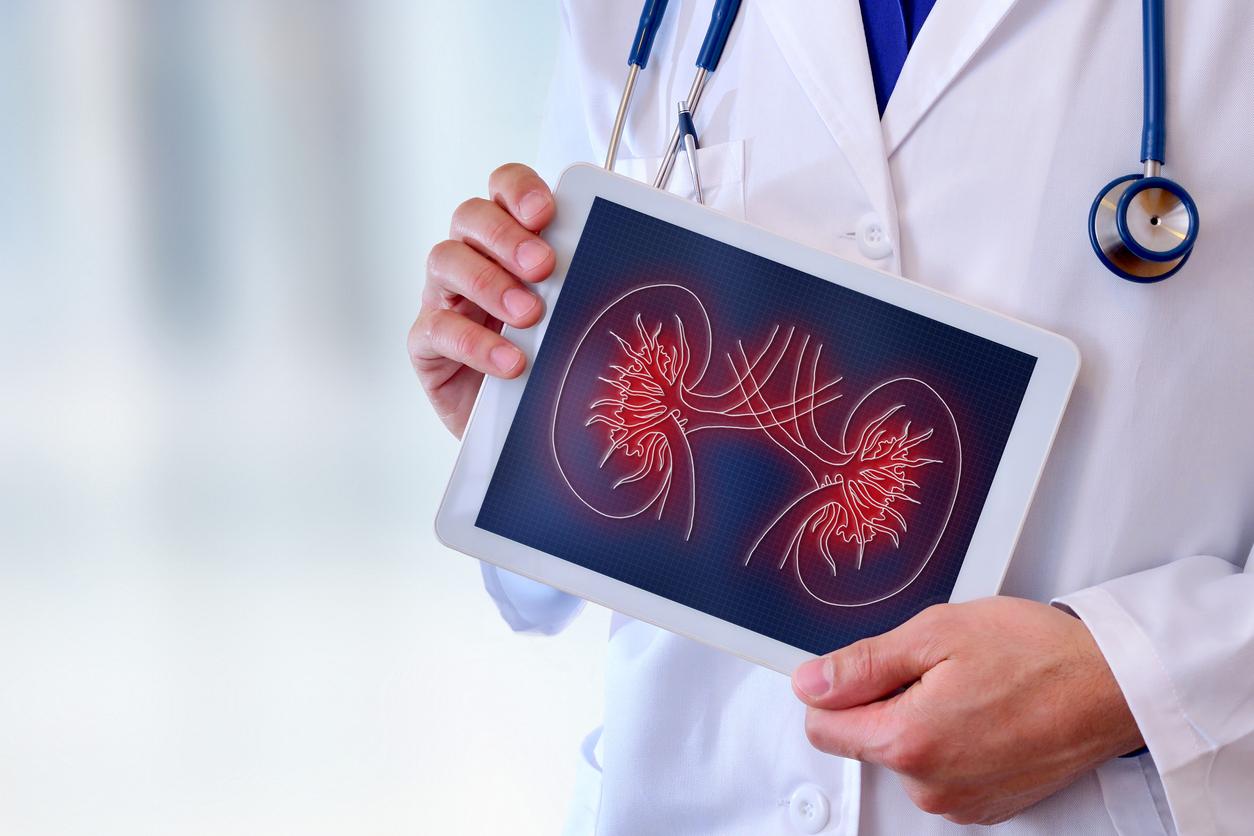Medications called “statins” sometimes have dreadful side effects, such as diabetes and muscle aches.

- Statins include atorvastatin, fluvastatin, lovastatin, pitavastatin, pravastatin, rosuvastatin, and simvastatin.
- Gender, age, height, alcohol consumption, kidney and liver disease are factors that favor the occurrence of side effects when taking statins.
They are called “hypocholesteolemic”. Since their appearance in the late 1980s, statins have been widely prescribed drugs. The latter are intended to fight against LDL cholesterol, namely the “bad” cholesterol, in excess. Several studies have shown that this treatment plays an important role in preventing the occurrence of cardiovascular diseases, such as myocardial infarction or stroke. It would also reduce the risk of death in people at high cardiovascular risk. But other studies have questioned their use, more specifically their health benefits, because of the serious side effects they can cause.
Mild side effects
According to the National Health Service (NHS), the UK public health system, side effects can vary from statin to statin, but common side effects, which are mostly mild, are headache, dizziness, feeling unwell, unusual tiredness, physical weakness, digestive disorders (constipation, diarrhoea, flatulence) or trouble sleeping. According to Mayo Clinican American hospital-university and research federation, these drugs can also cause hair loss, skin problems (acne or rash) or sexual problems (low libido or erectile dysfunction).
Muscle pain
Taking statins can lead to more serious side effects. Cholesterol lowering medications can also cause muscle pain. “The actual risk of developing muscle pain from taking statins is about 5% or less compared to taking a placebo. However, studies have found that almost 30% of people have stopped to take the pills because of muscle pain, even when they were taking a placebo,” can we read on the Mayo Clinic website.
liver damage
Occasionally, taking statins can cause an increase in liver enzymes which leads to inflammation of the liver. “Although liver problems are rare, your doctor may order a liver enzyme test before or soon after you start taking a statin,” indicates the federation.
Type 2 diabetes
It is also possible that the blood sugar level of patients taking statins may increase during treatment, which can lead to the development of type 2 diabetes. “The risk is small but significant enough that the Food and Drug Administration (FDA) has issued a warning on statin labels regarding blood sugar and diabetes,” adds the Mayo Clinic.
neurological problems
The FDA has also reported on the labels of this treatment that some people have experienced memory loss or confusion while taking statins. These side effects would reverse when they stop taking these drugs. According to the Mayo Clinic, the evidence for a causal relationship is limited at this time.

















